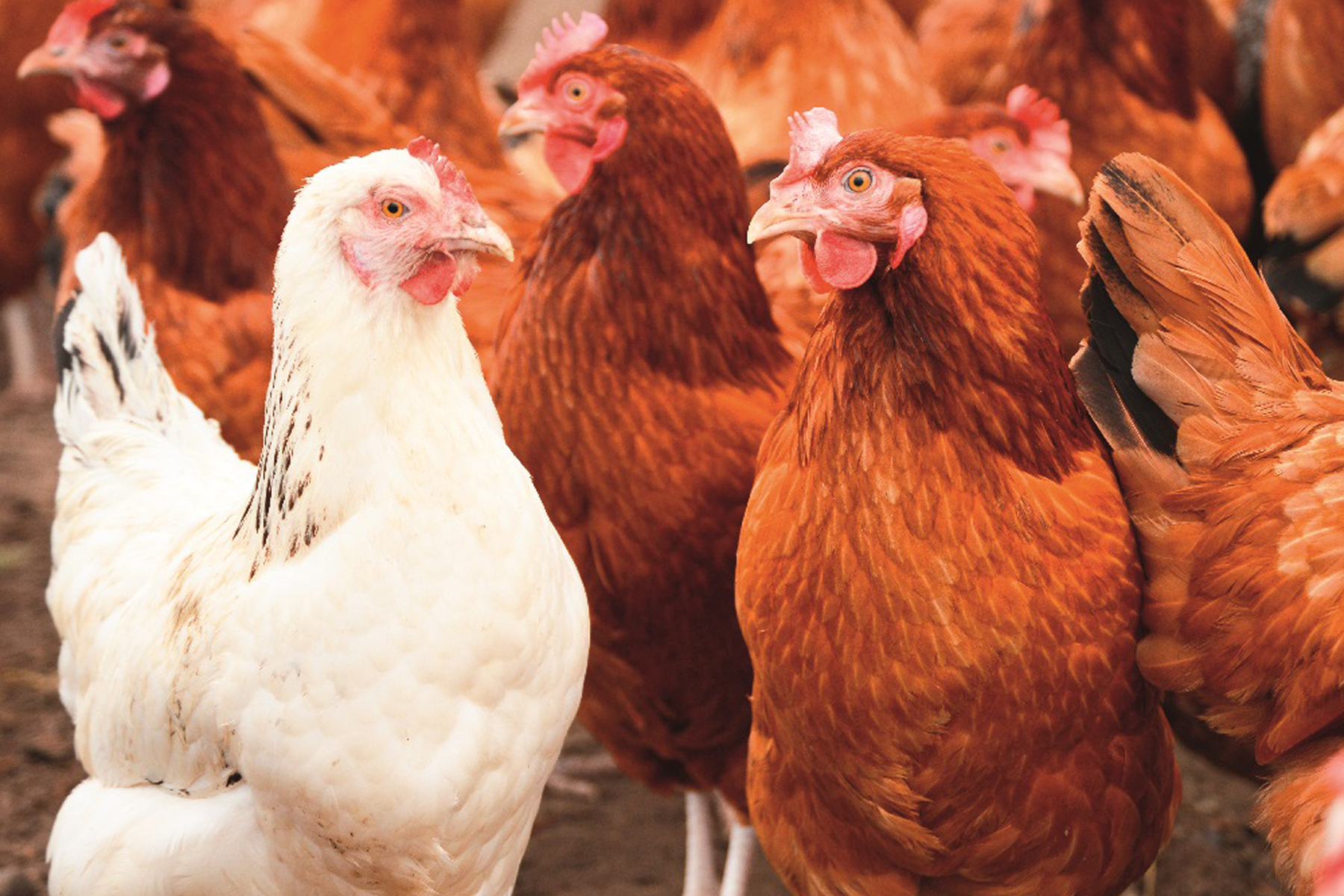

Farmers and veterinary surgeons must adapt to new regulations. On 25 October, the EU Parliament in Strasbourg approved more stringent measures aimed at further limiting the use of antibiotics in animal production. Consequently, fewer antibiotic-resistant bacteria should end up in food.
According to the new measures, no veterinary medicinal products may be used to improve breeding establishments’ performance or to compensate for poor husbandry. Additionally, the continued use of certain antibiotics—specifically, antibiotics of last resort—is to be limited to humans. Metaphylactic treatment (that is, the treatment of other animals although only one shows signs of infection) will only be permitted if a veterinary surgeon has sufficient grounds to recommend it. Furthermore, the legislation stipulates that imported food must comply with European standards—this also applies to imported animal feed. Therefore, foreign countries too may no longer use antibiotics to promote growth in livestock if the products are intended for the EU market. In addition, research into new antibiotics should be extended further. Following the formal approval of the heads of state and government, the member states have three years to implement the provisions. Thus, the regulation will come into effect throughout Europe by the end of 2021 at the latest.
Antibiotic resistance is one of the greatest threats to health worldwide. The World Health Organization (WHO) had warned of the development of resistance and its consequences as early as 2014. In Europe alone, 25,000 people die from the effects of antibiotic resistance annually. Hence, the use of antibiotics in animal production must be reduced both at a national and at an international level. It is high time that this happens. According to the European Food Safety Authority (EFSA), more antibiotics are used on average in European livestock farming than in human medicine.
In 2015, the Federal Ministry of Food and Agriculture (BMEL), the Federal Ministry of Health (BMG) and the Federal Ministry of Education and Research (BMBF) jointly launched the German Antibiotic Resistance Strategy (DART 2020), which incorporates all important measures aimed at reducing antibiotic resistance. Reducing antibiotics to prevent the development of resistance and improve animal welfare has also been duly incorporated into the United Nations’ global sustainability goals and WHO’s One Health approach.
Dr. Eckel welcomes the decision of the European Parliament. After all, since being established almost 25 years ago, the company has relied on alternative feed additives that enable antibiotic-free feeding in agriculture. The aim was and remains to minimise the use of medication through optimised feeding.
For the sake of clarity, it will be a long time yet before antibiotics are entirely dispensable. They will continue to be an important component in the treatment of sick animals. In the case of infection, animals deserve optimal and effective treatment. But we must use any available alternatives if we are to successfully avert the risk of further resistance.